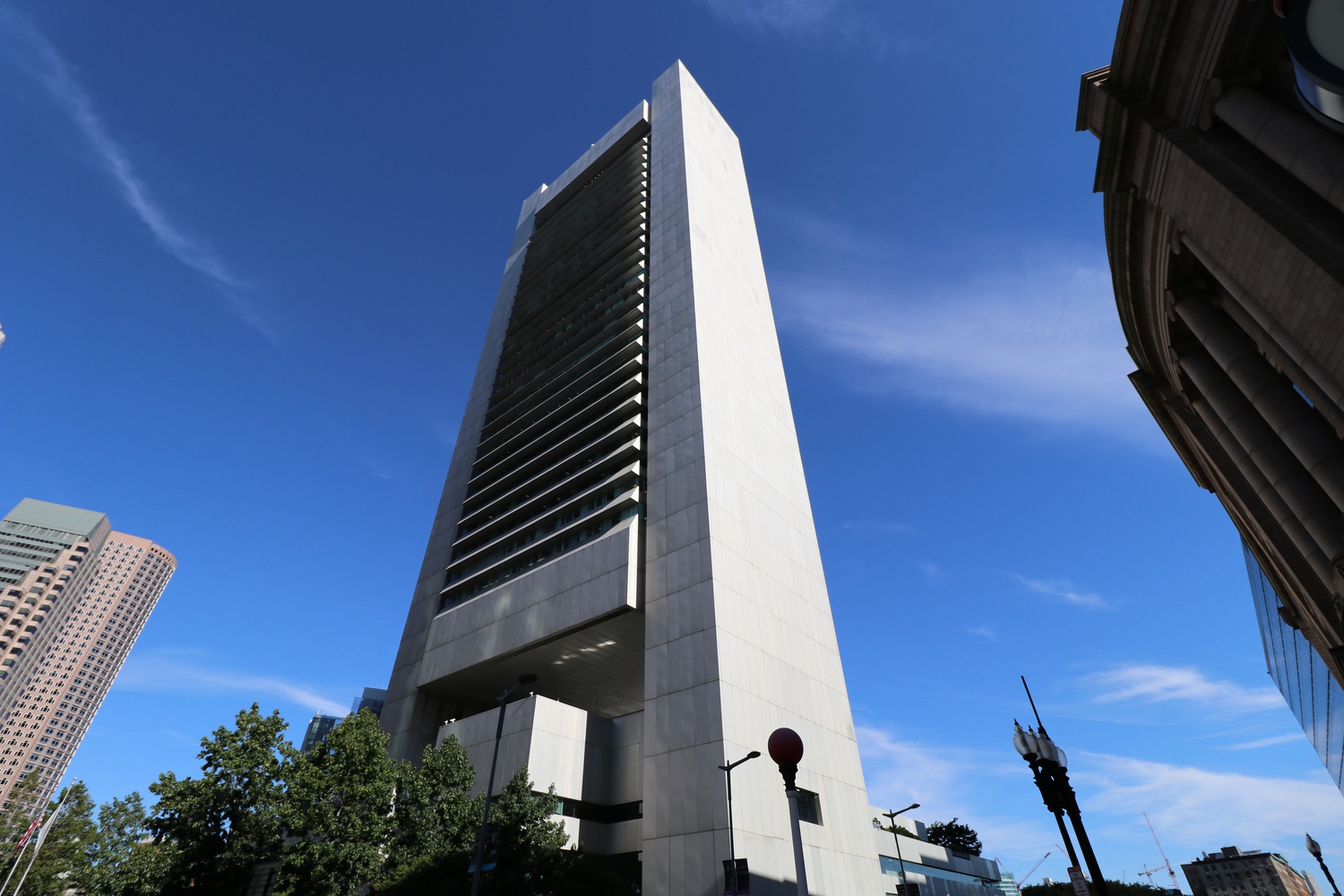
News
Faculty of Arts and Sciences Lacks Confidence in Harvard’s Governing Boards, Per Survey

News
Jeremy Weinstein Will Serve as Next Harvard Kennedy School Dean, Garber Confirms

News
More Than 30 Students to Appear Before Harvard College Ad Board for Pro-Palestine Yard Encampment

News
As Students Occupy Harvard Yard, Faculty Urge Against Police Response

News
ACLU Calls on University Presidents to Protect Protests, Free Speech in Open Letter
Harvard’s Endowment Could Deliver Poor Returns for the Second Year in a Row

One year after Harvard’s endowment reported a $2.3 billion drop in value — its first year of negative returns since 2016 — financial experts say the school could be headed towards a second straight year of poor investment results.
Harvard Management Company, which stewards the school’s $50.9 billion endowment, is heavily exposed to alternative investments such as private equity funds — a practice that is consistent with many of its peer institutions. Experts say continued interest rate hikes over the past year have likely caused significant losses in this part of HMC’s portfolio.
“The deal flow in private equity has slowed to a trickle, and the major university endowments should be writing down the value of a lot of these alternative investments,” New York University finance professor David L. Yermack ’85 wrote in an email. “If Harvard has continued to have a high allocation to alternative investments, I would expect the endowment return to be pretty poor.”
Yermack added that rising interest rates have had a costly impact on private equity due to the industry’s reliance on cheap debt.
Other portions of the endowment could also face challenges due to rising interest rates.
Charles A. Skorina, the head of a finance executive search firm, said bond investments have suffered over the past year.
“If interest rates go up, bond prices go down,” said Skorina. “For anyone holding bonds, that hurt like crazy.”
Due to likely poor showings from certain portions of HMC’s portfolio, experts say the performance of Harvard’s endowment during the past fiscal year will depend heavily on how HMC allocated the endowment’s assets.
“If Harvard has a 60-40 mix of stocks and bonds, which is the standard benchmarked for a passive investor, you would expect something like a 10.2 percent return,” Yermack wrote. “I bet it’s going to be a lot less than that.”
In fiscal year 2021, the last time Harvard reported its endowment asset allocation, HMC invested 34 percent of the endowment in private equity, 33 percent in hedge funds, and 14 percent in public equities.
Some portions of Harvard’s endowment may still deliver strong performances. According to Rutgers Business School professor John M. Longo, HMC’s stock portfolio — which is heavily invested in technology companies — could boost its fiscal year 2023 returns.
“US stock market performance has largely been driven by a small group of large cap Technology oriented securities,” Longo wrote. “Harvard Management Company held three of these stocks (Meta, Alphabet, and NVIDIA) among its top 10 equity positions, so the equity segment of the HMC portfolio likely performed well this calendar year.”
Harvard is expected to release its fiscal year 2023 financial results in the coming weeks.
With alternative investments such as private equity holdings occupying an increasingly large portion of Harvard’s investments, experts say HMC and its CEO, N.P. “Narv” Narvekar, face the added challenge of providing an accurate valuation of the school’s endowment due to decreased transparency in these asset classes.
“From what I know of Mr. Narvekar and the way he treats his portfolio, he will be realistic and careful to be as accurate as possible with his reporting, but a lot of those valuations will depend on third-party managers in private markets, so he can only report what they tell him their portfolios are worth,” Skorina said.
—Staff writer Krishi Kishore can be reached at krishi.kishore@thecrimson.com. Follow him on X @tweetykrishi.
—Staff writer Rohan Rajeev can be reached at rohan.rajeev@thecrimson.com. Follow him on X @rohanrajeev_.
Want to keep up with breaking news? Subscribe to our email newsletter.
